detail profile aleksas kazanavi c4 8dius
Peran Yang Di Mainkan Aleksas Kazanavičius
 Divorced couple Bernardas and Silvia live...
Divorced couple Bernardas and Silvia live...Closer 2024
Divorced couple Bernardas and Silvia live together, avoiding interaction through a strict schedule. Unexpectedly, Lukas arrives with a cryptic message for Silvia. As they navigate this twist, Bernardas recalls how they met through a similar ad. Tensions rise, love rekindles, and desires resurface. Closer explores love's complexities, unexpected encounters, and self-discovery in a poignant and emotionally charged tale of second chances.
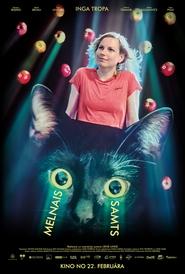 An insecure millennial woman pursues her...
An insecure millennial woman pursues her...Black Velvet 2024
An insecure millennial woman pursues her dream whilst learning how to adult. While being preoccupied with life tasks at hand she can barely handle and also severe depression, main character of this film Marta (30) keeps dreaming about making films, drawn to the healing power of storytelling, but not having the courage to act these dreams out; sometimes she is too scared to even pick up the phone. Marta’s life seems to sway both in comic and tragic directions: it’s sometimes a mix of ultimate freedom, sex, drugs, friendship, laughter, alcohol, lots of alcohol, music, honesty and love, and sometimes the reality Marta avoids to face becomes so brutal she can’t take it anymore. Through the course of the film Marta learns there is an unavoidable question that at some point becomes inevitable for almost every filmmaker: if you really want to direct films, can you first direct yourself out of depression?
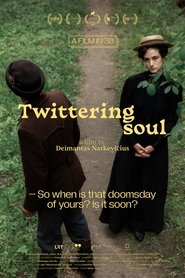 A musician on his way to...
A musician on his way to...Twittering Soul 2023
A musician on his way to meet a fellow fiddler, encounters two girls and is taken aback by their talks about afterlife. The musicians walk towards a village observing events, unable to discern phantasy from reality. Later, both men attend a funeral, where archaic rituals intertwine with the practice of marrying a dead girl to an ‘afterlife groom’.
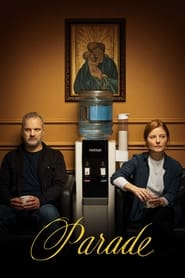 Migl who married when she was...
Migl who married when she was...Parade 2023
Miglė, who married when she was very young, has for 26 years been divorced from her ex-husband who one day calls her and asks for a favour. He has found that it would be a good time to get married again after the death of his mother. But there is a small problem: their divorce is valid only in the eyes of the law, because a Catholic marriage cannot be divorced. It can, however, be annulled. All that needs to be done is to complete an application and give the “Catholic court” a good reason. But she does not know in what kind of absurd situations she is about to find herself in.
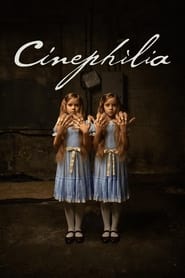 With gentle irony Cinephilia unmasks the...
With gentle irony Cinephilia unmasks the...Cinephilia 2021
With gentle irony, “Cinephilia” unmasks the illusion of film. Characters migrate through the worlds of reality and fantasy, in circumstances that paradoxically have no questions or answers. The two moons of Lars von Trier shine in the night sky, entrancing the main heroes, Roland and Isabel. Roland rents himself a room where he winds up in situations reminiscent of the plots found in Franz Kafka’s “The Trial” or Roman Polański’s “The Tenant”. A guy visits Roland, claiming that they known each other, and offers him a lot of money to film his suicide. There begins a kaleidoscopic sequence of events and random acquaintances. They make the characters wander through the worlds of reality and fantasy, sometimes both at the same time. A dark comedy that tells nine related stories in which the fates of the characters intertwine.
 During the interwar period a Lithuanian...
During the interwar period a Lithuanian...Nova Lituania 2020
During the interwar period, a Lithuanian geography professor tries to convince the government to establish a backup state overseas, in order to save their country from ruin. However, the idea is mostly mocked and opposed. Still, there is hope in the secret support from the elderly prime minister, who has become disillusioned with politics.
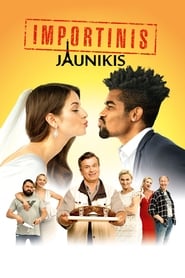 The life of local businessman Cibulkis...
The life of local businessman Cibulkis...Imported Groom 2020
The life of local businessman Cibulkis turns upside down when his daughter Kotryna introduces him to her fiancee Fransua, as the ultra-conservative father did not expect his son-in-law to be of African American origin.
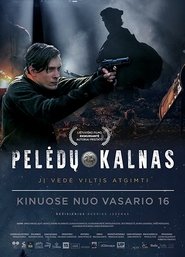 Radio Free Europe BBC and Voice...
Radio Free Europe BBC and Voice...Owl Mountain 2018
Radio Free Europe, BBC, and Voice of America can only rarely get through the Iron Curtain and Soviet mufflers to Lithuania, a country torn by a war between the local resistance movement and the Soviet regime that is forced onto Lithuanian people by bayonets of the Russian army. Everybody who tries to resist the Soviet rule is either terrorized or executed or exiled to Siberia. He is one of the local high-school students who witness the local armed resistance to the Soviet occupation and ultimately decide to join it by taking a gun into their hands. He collects documents and all possible kinds of evidence that prove daunting crimes of the Kremlin. He soon becomes a legend among his peers. To girls, he is John Wayne the Hollywood Icon. Guys see him as an insurmountable obstacle and an invincible rival in matters of love.
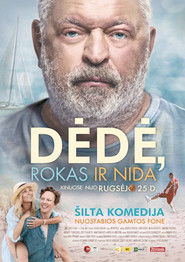 Following a fatal boating accident in...
Following a fatal boating accident in...Uncle 2015
Following a fatal boating accident, in which one of his students dies, Gintaras, a champion yachtsman, swears off the sea, quits sailing and withdraws into himself.
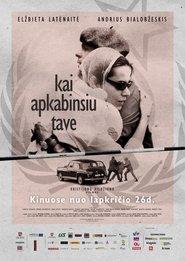 1961 Father and daughter separated during World...
1961 Father and daughter separated during World...Back to Your Arms 2010
1961. Father and daughter, separated during World War II, are trying to meet in Berlin. He comes to Berlin from Soviet Lithuania, she comes from the USA. Even if the Berlin Wall has not been built yet, the Cold War is coming close to its apogee. Political and geographical situation, that seemed to be favorable in the beginning, turns out to be deceptive. After his arrival, the father is looked after by KGB intelligence agents. They, using him as bait, are trying to lure the daughter to the east side. Affected by the citie's atmospehere that's pervated with distrust, she is afraid to cross the West Berlin boundary. Trying to save each other from the possible trap, father and daughter are ready to give up the idea of the so much desired meeting...
 A nearlysuicidal young woman visits a...
A nearlysuicidal young woman visits a...Whisper of Sin 2007
A nearly-suicidal, young woman visits a psychotherapist. She is in love with a priest, and the diagnosis of her husband's mental illness leaves no hope. The psychotherapist, in her attempts to resolve the amassed difficulties, seemingly begins to duplicate the life stages and behavioral patterns of her patient. A script for this film is based on motifs from the best-seller, scandalous novel, Witch and Rain, by female author, Jurga Ivanauskaite. By choosing a priest as the main role for a love story, the author broke an existing societal taboo. Faith, Love and Hope form the trilogy by the authors of this screenplay. Love stands as the grandest of the three.
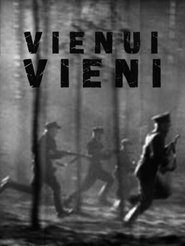 The film portrays Lukas attempts in...
The film portrays Lukas attempts in...Utterly Alone 2004
The film portrays Lukša's attempts, in trips to western Europe, to gain support for the armed anti-Soviet resistance (known as the Forest Brothers), whose fortunes in a guerrilla war against Soviet authorities were waning, largely due to widespread infiltration and harsh crackdowns by the NKVD.

 Lina a Vilnius morgue medic who...
Lina a Vilnius morgue medic who... Dreaming of an escape from the...
Dreaming of an escape from the...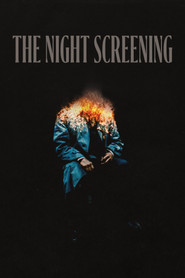 Watchmaker stumbles into a mysterious cinema...
Watchmaker stumbles into a mysterious cinema...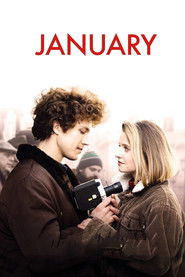 It is 1991 in Latvia and nineteenyearold...
It is 1991 in Latvia and nineteenyearold...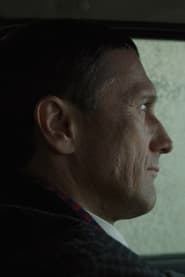 Wishing to restore a broken bond...
Wishing to restore a broken bond...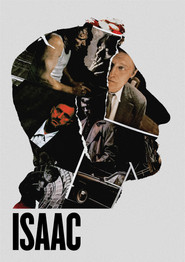 Kaunas Lithuania 1941 Lithuanian activist Andrius Gluosnis...
Kaunas Lithuania 1941 Lithuanian activist Andrius Gluosnis... Based on true story of four...
Based on true story of four...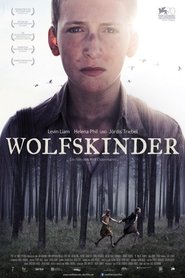 The story of a boy who...
The story of a boy who...